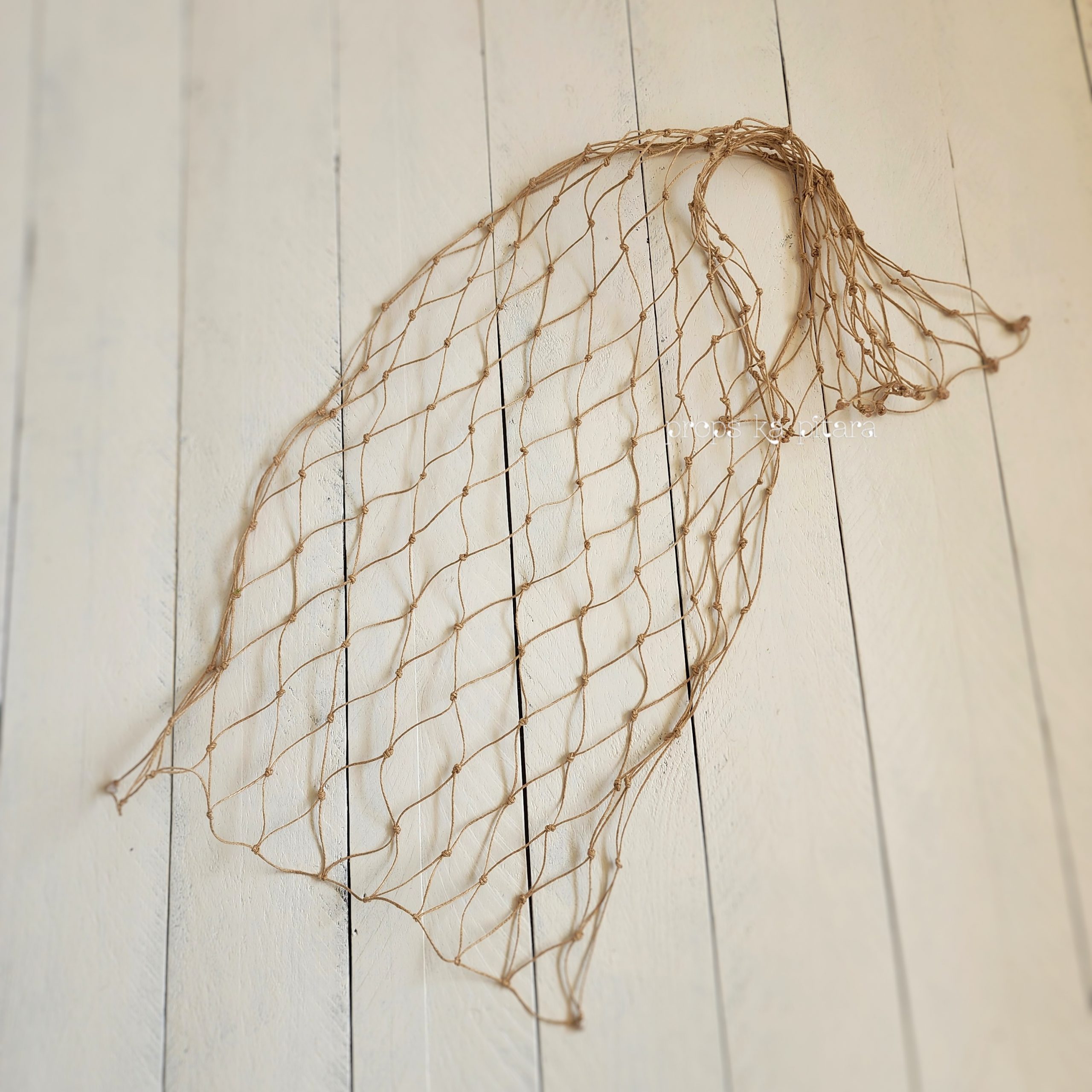- August 16, 2024
- Posted by: wellcoindustries
- Categories: Erosion Control, Jute Mesh
Introduction
In recent years, the fishing industry has been increasingly scrutinized for its environmental impact, particularly concerning the materials used in fishing nets. With the world becoming more conscious about sustainability, there’s a growing demand for eco-friendly alternatives that minimize harm to marine ecosystems. One such alternative that is gaining popularity is the jute fishing net. Made from natural fibers, jute fishing nets offer an environmentally sustainable solution that aligns with modern conservation efforts. This article explores the benefits of jute fishing nets, how they compare to synthetic options, and why they are considered the future of sustainable fishing.

What Are Jute Fishing Nets?
Jute fishing nets are crafted from jute, a natural fiber obtained from the jute plant. Known for its strength and durability, jute has been used for centuries in various industries, including textiles and agriculture. When it comes to fishing, jute offers several advantages over synthetic materials. It is a biodegradable, renewable resource, making it an ideal choice for those looking to reduce their environmental footprint. Unlike synthetic fishing nets, which can persist in the ocean for decades, jute fishing nets decompose naturally, minimizing the risk of ghost fishing—a phenomenon where lost or discarded nets continue to trap marine life.
Benefits of Jute Fishing Nets
Jute fishing nets provide numerous environmental, economic, and social benefits.
- Environmental Benefits:
- Biodegradability: Jute nets stand out due to their natural ability to break down in the marine environment, helping to reduce the growing problem of plastic pollution in the oceans.
- Reduction of Plastic Waste: As they decompose, jute nets do not contribute to the plastic waste crisis that synthetic nets exacerbate.
- Economic Benefits:
- Cost-Effectiveness: Jute nets are generally more affordable, especially when considering the long-term environmental costs associated with synthetic nets.
- Supporting Local Producers: The production of jute supports the livelihoods of farmers, particularly in developing countries where jute cultivation is a significant industry.
- Social Benefits:
- Promoting Sustainable Fishing Practices: By adopting jute fishing nets, the fishing industry can lead the way in implementing sustainable practices that prioritize the health of marine ecosystems.
Jute Fishing Nets vs. Synthetic Fishing Nets
When comparing jute fishing nets to their synthetic counterparts, several factors come into play. While synthetic nets may offer greater durability and lower initial costs, they pose significant environmental risks. Synthetic materials like nylon can take hundreds of years to degrade, contributing to the growing problem of oceanic plastic waste. On the other hand, jute nets, though less durable, offer a much more sustainable option. They are also cheaper in the long run, considering their lower environmental impact and the growing costs associated with managing plastic waste. Additionally, the use of jute supports sustainable agriculture and local economies.
How to Choose the Right Jute Fishing Net
Choosing the right jute fishing net depends on various factors, including the type of fishing you plan to do and the size of the catch. Jute nets come in various sizes and mesh densities, making them suitable for different fishing environments. It’s essential to consider the target species and fishing conditions when selecting a net. Proper maintenance is also crucial to prolong the life of a jute net. While they are biodegradable, storing them in a dry place when not in use and regularly inspecting for wear can ensure they last longer and perform effectively.
Conclusion
As the world shifts towards more sustainable practices, jute fishing nets emerge as a promising solution for eco-conscious fishermen. With their natural biodegradability, cost-effectiveness, and support for local economies, jute nets offer a compelling alternative to traditional synthetic options. By making the switch to jute, fishermen can contribute to reducing plastic pollution and promoting a healthier marine environment. Explore the benefits of jute fishing nets today and take a step towards sustainable fishing practices that protect our oceans for future generations.
